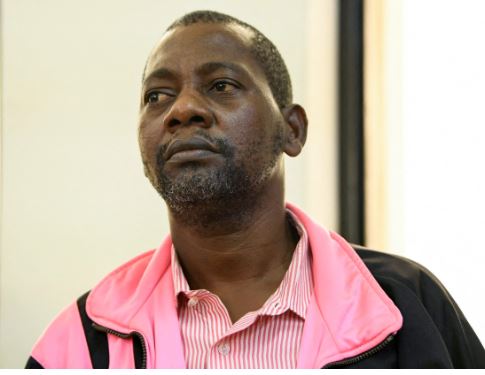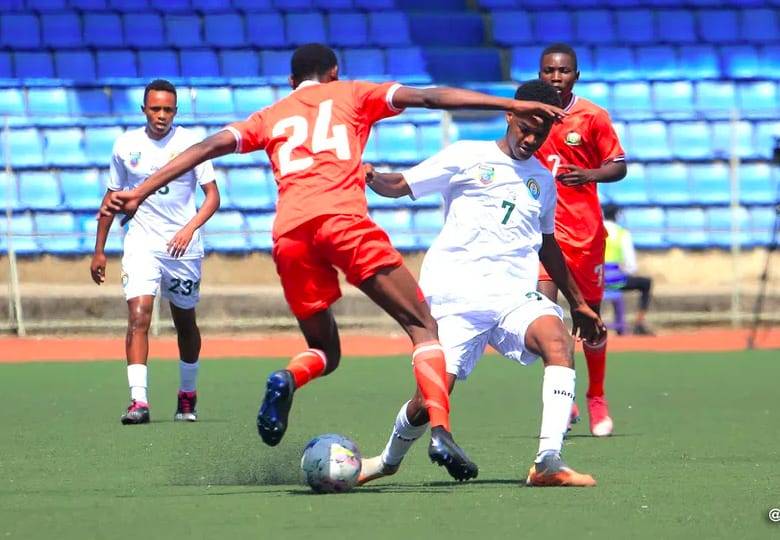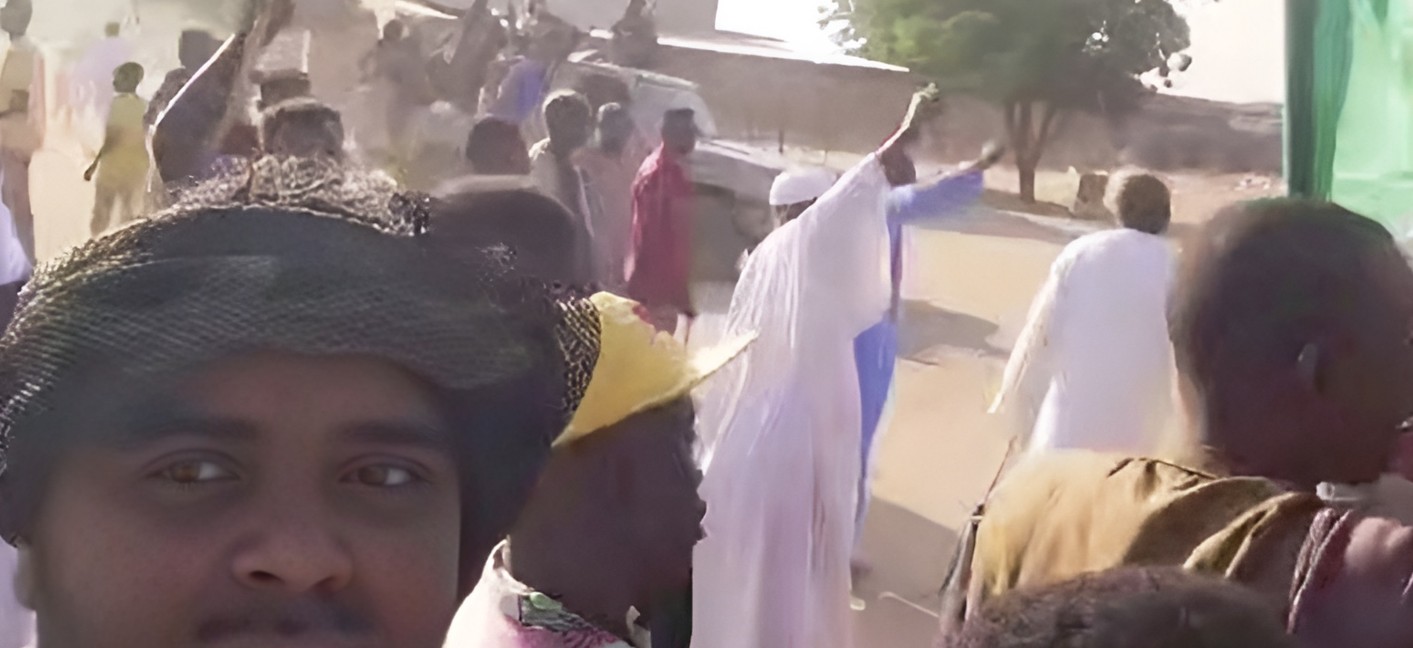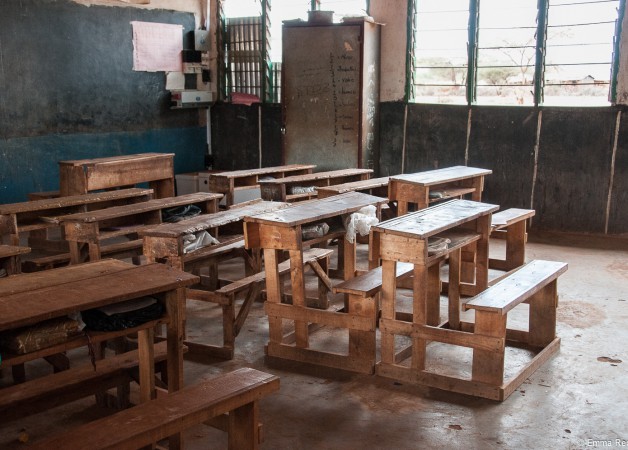Soldiers and militia turn on civilians in encircled DR Congo's Goma city
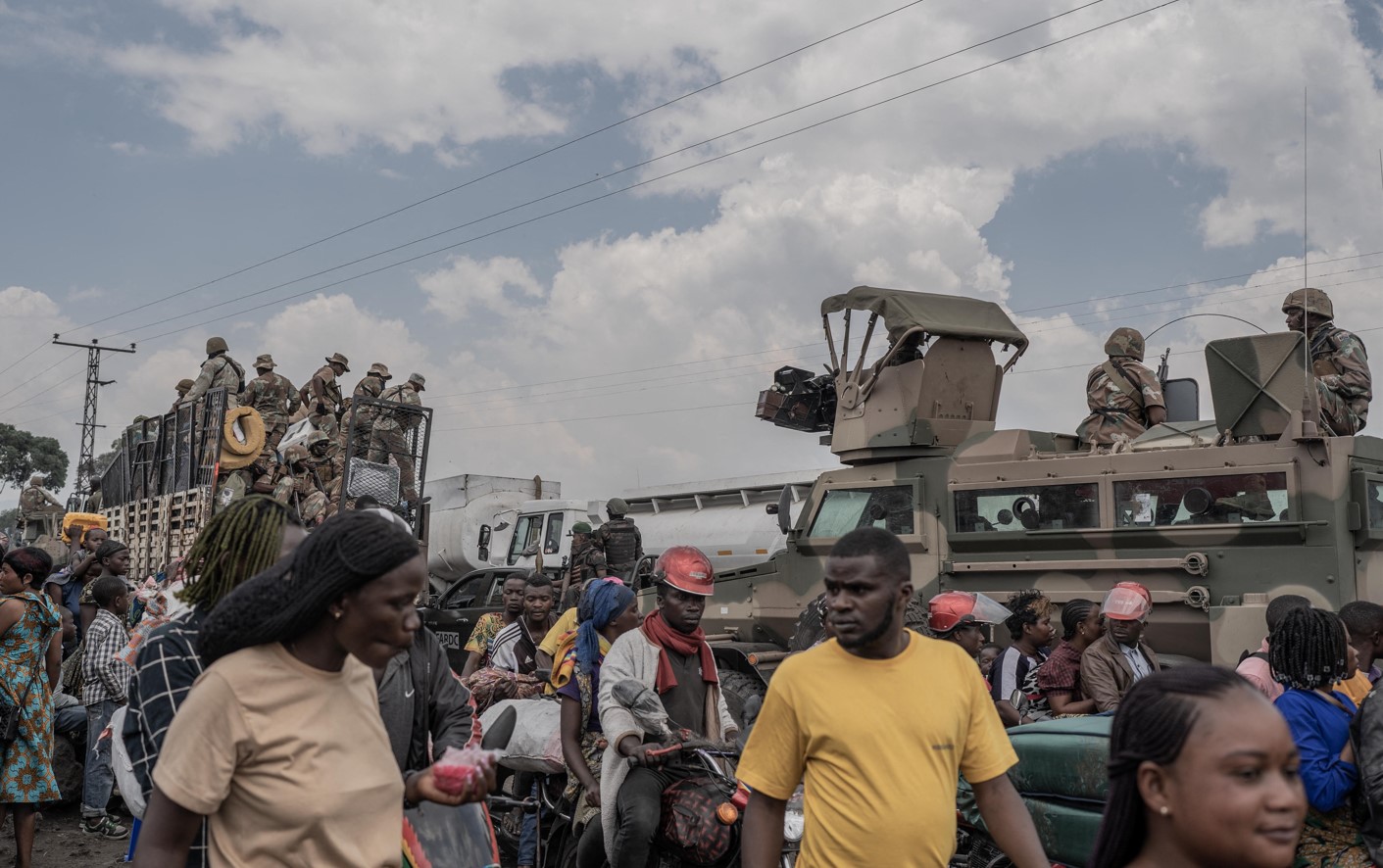
Goma has a resident population of one million, with another million displaced by the war crammed into desperate, temporary camps that have become the frontlines.
In a video circulating online, a young man can be seen bleeding to death on the ground. Close by, another body lies in a pool of his blood. Women's cries fill the night air in Goma, in eastern Democratic Republic of Congo.
Every morning the city awakes to a new death toll from pillaging and sexual violence, spread by word of mouth.
More To Read
- DR Congo, Rwanda leaders to sign peace deal in US
- M23 rebels hands over minors taken from conflict zones in North Kivu, DRC
- MONUSCO condemns ADF attacks that killed 89 civilians in North Kivu
- Rwanda, DR Congo talks move into ‘phase two’
- Goma airport can only be reopened by AFC/M23, say rebels
- DRC and M23 rebels sign Doha Peace Framework in bid to end conflict
Videos of corpses and the wounded run on social media all day long.
The questions are the same from locals who join group discussions online: "Who did the killing? Who was killed? Where did it happen?"
"Mungu wangu!" ("Oh my God" in Swahili) punctuates the group debate like cries of impotence in the face of the bloodshed in the capital of North Kivu province, which M23 rebels and the Rwandan army have surrounded.
Goma has a resident population of one million, with another million displaced by the war crammed into desperate, temporary camps that have become the frontlines.
"Three dead," a policeman tells an AFP reporter near a bar in Goma's Majengo quarter, where the young men in Tuesday evening's video died as they watched the Champions League quarter-final between Real Madrid and Manchester City.
Everyone says they know who did the shooting: a soldier with the Republican Guard.
"He wanted to steal their phones," says Christian Kalamu, who works for a local civil society association. "It seems they resisted and he shot them."
The Republican Guard is meant to be the elite of DR Congo's army and has been deployed in the war-torn east in a bid to force out the rebels who have seized swathes of the province over the last two years, with help from neighbouring Rwanda.
The Congolese army called in local armed groups they had previously fought in the area to help fight the rebels.
Combatants from the groups -- including some war criminals seeking to erase their past -- have been rebranded as "wazalendo", or patriots, while authorities supply them with weapons and ammunition to join military operations, according to various reports, including from the United Nations.
In late March, President Felix Tshisekedi told journalists the wazalendo "are ordinary citizens like you and me who have organised themselves".
Packed into Goma, thousands of these armed men wander the city and its suburbs.
"At night, they shoot at us in our shelters," says a displaced woman, asking not to be named.
Among the shooters, "there are government soldiers, but there are also police, the wazalendo and some youths from the city... they are all mixed", she said.
Safari Mbalibukira, head of the western quarter of Mugunga, said: "Some frequent the bars in the camps and when they are drunk, they start shooting over disagreements between themselves or with civilians."
"If they want a telephone or a radio, money or anything else, the military and the wazalendo will not accept any resistance," said a young displaced man.
But on March 5, a group of displaced men fought back, lynching and setting fire to the body of a militiaman they accused of raping a woman and killing one of their own who refused to be robbed.
"We have gone from simple theft to really criminal acts, including murder and rape," said Goma resident Onesphore Sematumba, a researcher for the Belgian-based International Crisis Group.
"The wazalendo spread insecurity by stealing goods under the guise of immunity because of their 'patriotic' commitment," he said.
On Wednesday, in broad daylight and just a few hundred metres from the governor's office, a group of armed men opened fire on a four-wheel drive vehicle, killing the three people inside. A woman riding past on a motorbike was also shot dead.
The following day, Goma's mayor presented to the press three soldiers and two wazalendo militiamen saying they did the shooting.
The guns they supposedly fired were displayed on the ground.
Among them was an assault rifle of the same model and colour as those carried by Republican Guard special forces.
Top Stories Today




